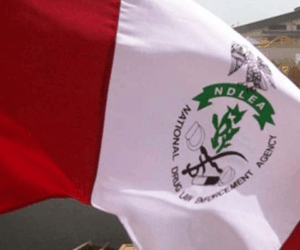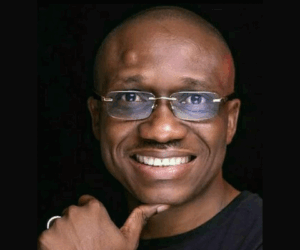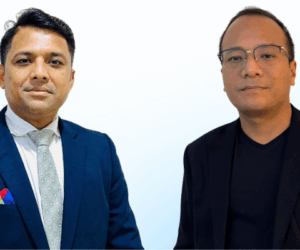Generative AI is reshaping journalism as there are efficiencies and also tradeoffs; however, the core role of journalists is finding and telling stories that no machine can remain irreplaceable.
While speaking at BusinessDay’s AI Summit 2025, experts noted that while AI brings efficiency, scalability, and innovation, its adoption in Nigerian journalism requires deliberate strategy, literacy, and safeguards.
“The challenge lies not in resisting AI but in finding the right balance between automation and the unique human judgment that journalism demands,” they noted.
Read also: Nigeria must build capacity, infrastructure, trust to shape its AI future – Experts
Fuad Lawal, Editor-in-Chief, Techcabal/founder of Archivi.ng, described AI as a tool that supercharges productivity and enhances experience.
He argued that if machines can effectively handle repetitive tasks such as search engine optimization (SEO), journalists should embrace them.
“For roles that can be done by a machine, let them do these things. Every time we create a better tool, there will be trade-offs. Outsourcing time to AI gives journalists more room for deeper cognitive work,” Lawal said.
Olaitan Oreoluwa, head of AI strategy at AI in Nigeria, noted AI’s ability to boost efficiency and scale. “By design, AI helps you to be more efficient because it mirrors how people work. It can do faster and quicker than what we do in hours.”
He highlighted AI’s potential to make content accessible in local languages at speed.
Oreoluwa warned against rushing into large-scale adoption. “Before you build and scale, start small so you don’t deploy what is not mature enough,” she advised.
David Ajikobi, Nigeria Editor of Africa Check said AI is set to transform how media houses engage with audiences and monetise content, noting that many AI systems already rely on local newspapers to train their models and predicted new features like fact-check buttons on platforms such as ChatGPT.
“The opportunities for media are enormous, but we must innovate locally. If the media is more literate in AI, they are less likely to share wrong information,” he said.
Ajikobi also called for a shift from debunking to pre-bunking which is educating audiences ahead of misinformation rather than reacting after it spreads.









